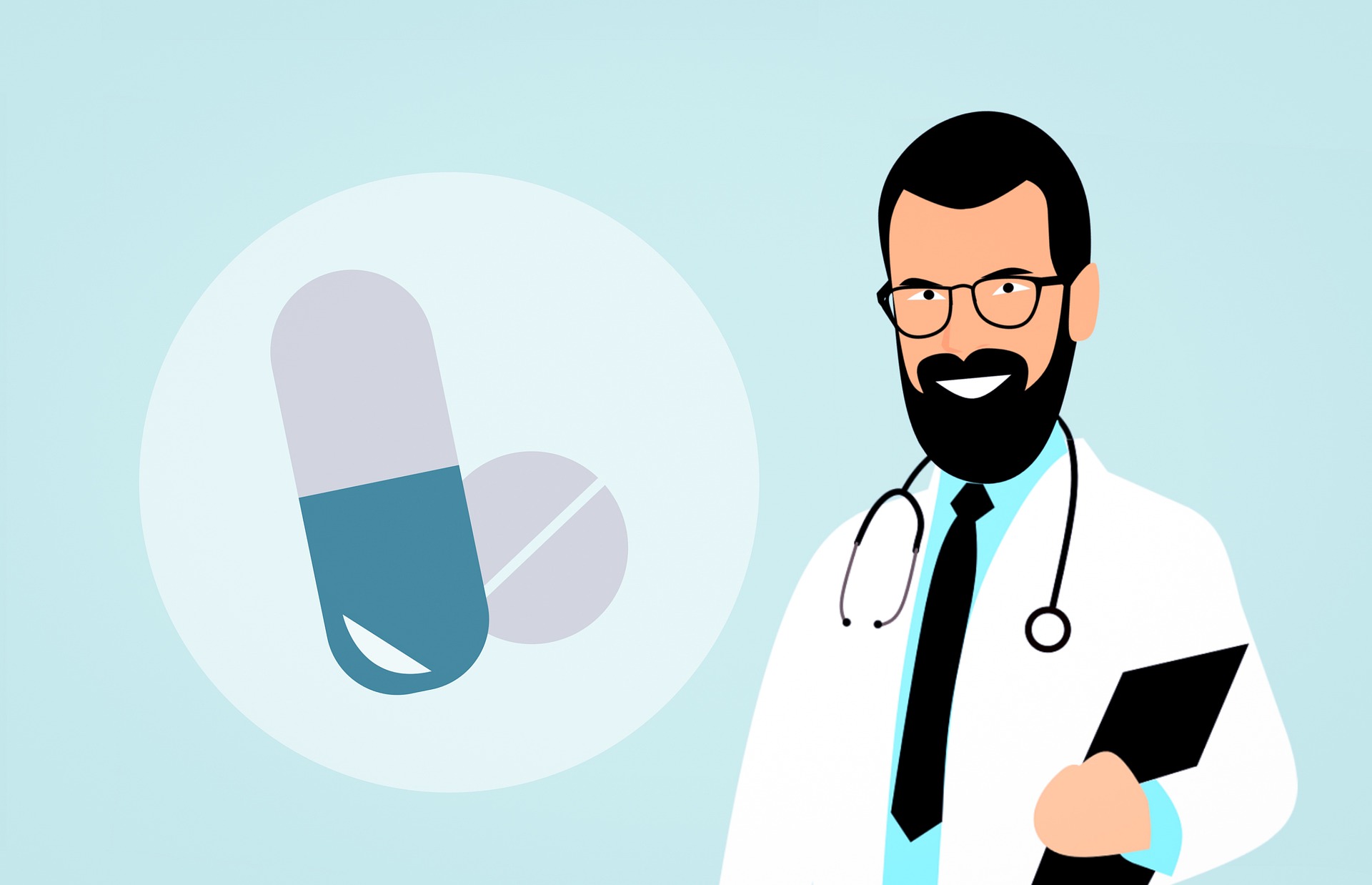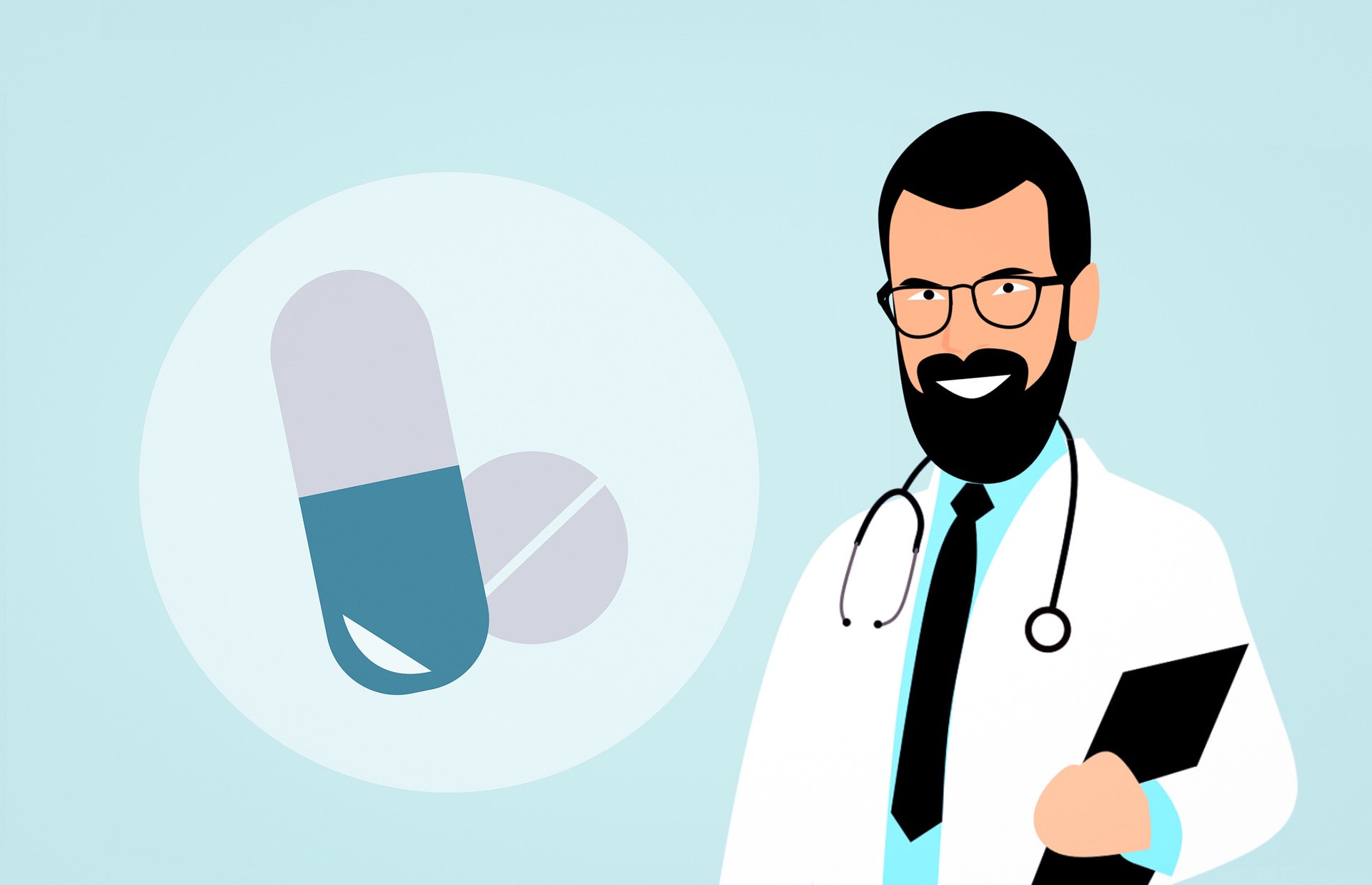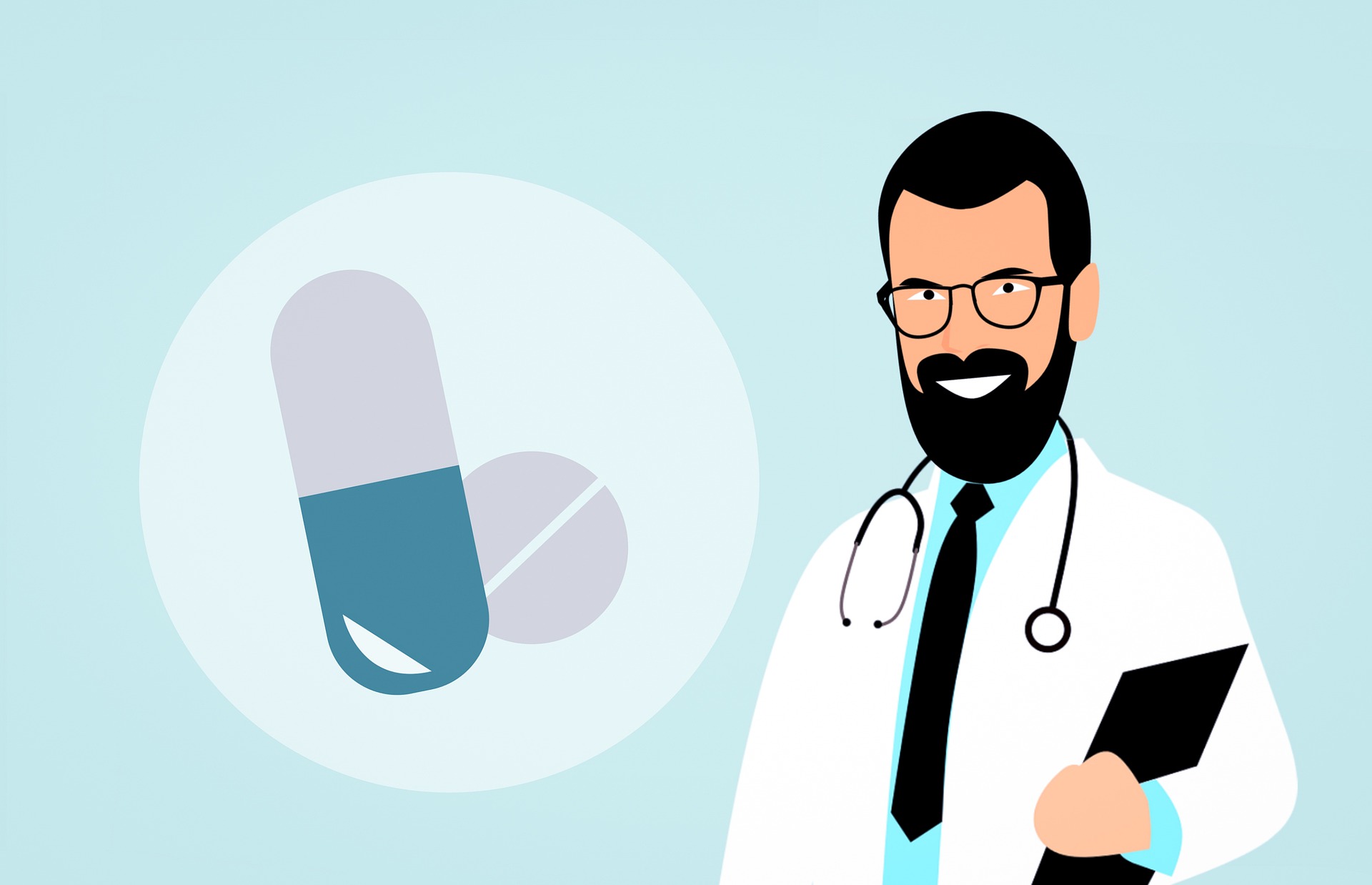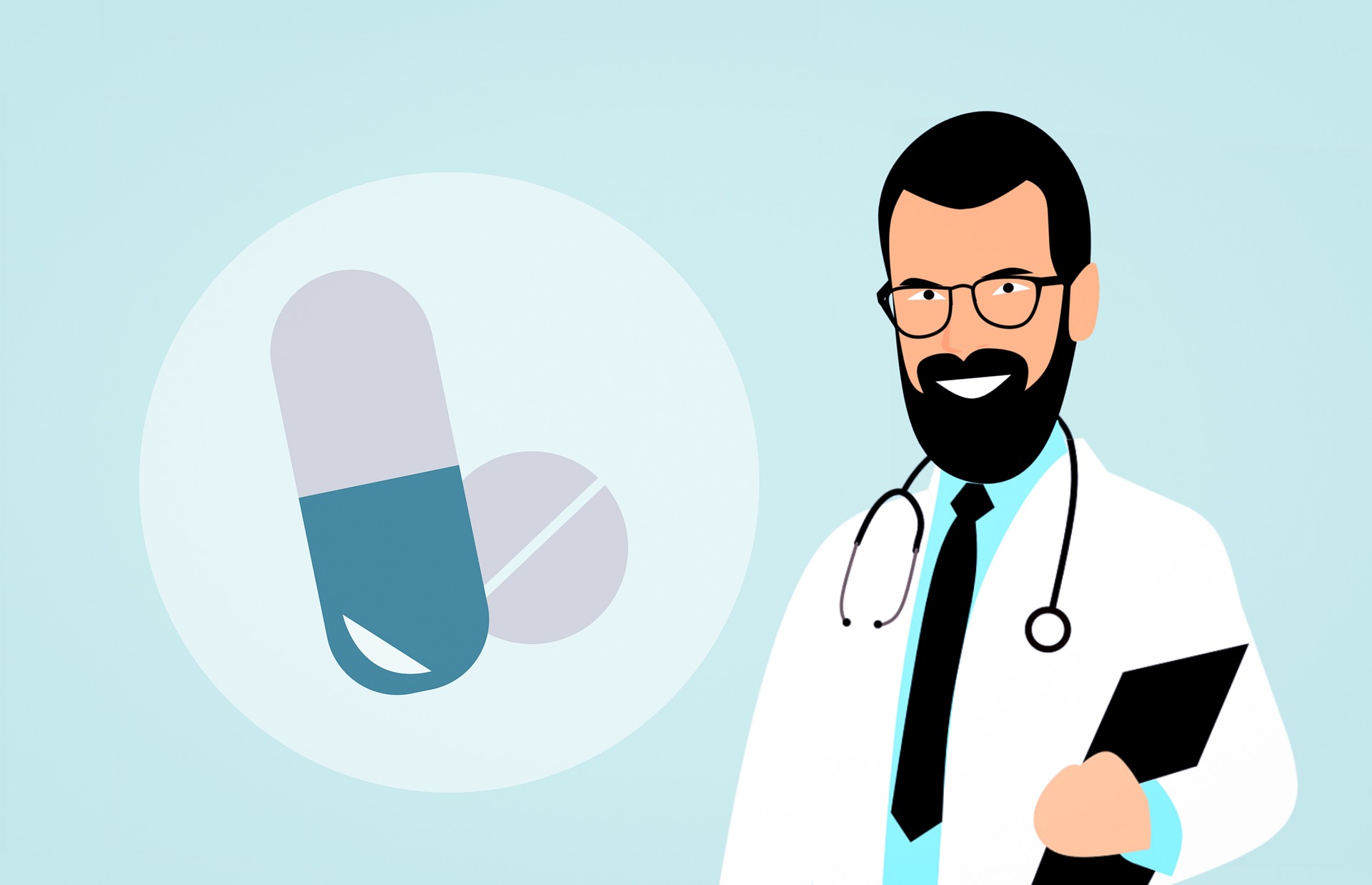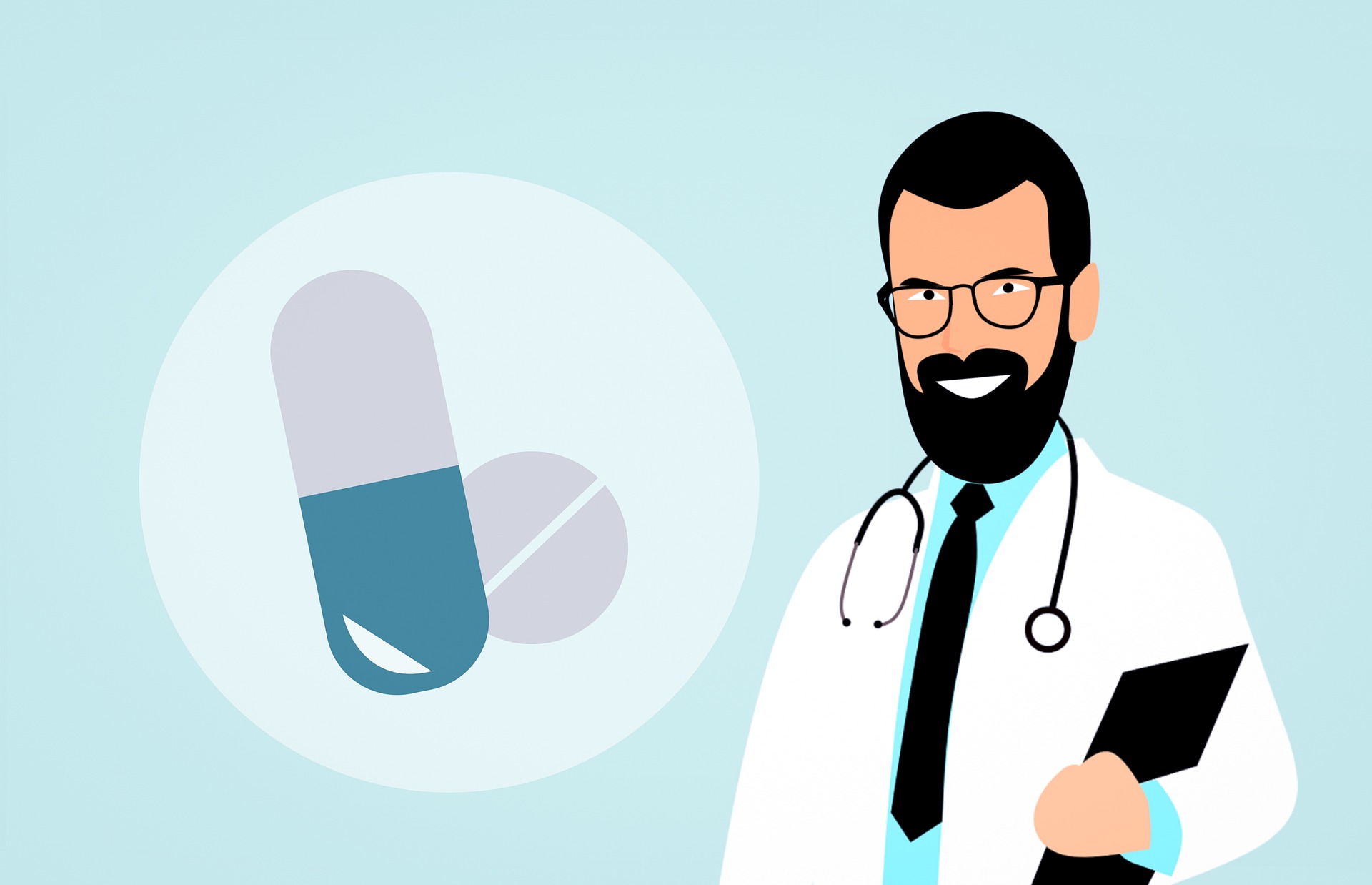How to Access Free or Low-Cost Addiction Treatment in New Jersey
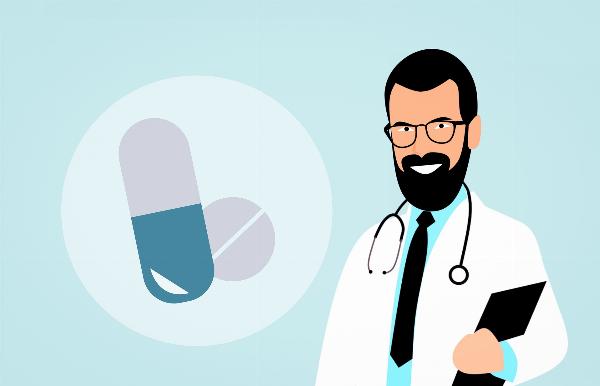
Strong 8k brings an ultra-HD IPTV experience to your living room and your pocket.
Addiction can impact anyone, regardless of their background, financial status, or community. While many people seek help, the cost of addiction treatment can often become a barrier to recovery. Fortunately, New Jersey offers several resources and programs to make addiction treatment accessible and affordable, even for those with limited financial means. This guide will outline how to access free or low-cost addiction treatment in New Jersey.
Rapid Detox: A Quick Solution for Addiction Recovery?
What is Rapid Detox?
Rapid detox is a medical procedure designed to help individuals detox from substances like opioids in a shorter time than traditional methods. It involves administering anesthesia to the patient while medications are used to accelerate the rapid detox process. The goal is to remove opioids from the body while avoiding the intense withdrawal symptoms that often accompany the process.
Understanding the Cost of Addiction Treatment
Before exploring low-cost options, it’s essential to understand what addiction treatment entails and why it can be expensive. Treatment programs often include detoxification, inpatient or outpatient rehabilitation, counseling, medication-assisted treatment, and aftercare services. Costs can vary significantly depending on the level of care needed, the length of the program, and whether it's a private or public facility. While some luxury facilities charge thousands of dollars, there are affordable and even free options available in New Jersey.
Government-Funded Treatment Programs in New Jersey
New Jersey's state government recognizes the need for accessible addiction treatment and provides funding for several programs. These state-funded programs offer a range of services, including detox, rehabilitation, counseling, and aftercare.
1. The New Jersey Substance Abuse Treatment Assistance (NJ-SATS)
One of the key programs providing assistance is the New Jersey Substance Abuse Treatment Assistance (NJ-SATS) initiative. This program helps low-income individuals and families cover the cost of addiction treatment. NJ-SATS offers vouchers to cover treatment costs for those who are uninsured or underinsured, reducing the financial burden on individuals seeking recovery.
2. New Jersey's Division of Mental Health and Addiction Services (DMHAS)
DMHAS is the primary body responsible for overseeing and coordinating addiction services in the state. They provide various free and low-cost treatment options, including outpatient and residential services, specifically for those who do not have insurance. DMHAS works with several community-based organizations to ensure that people in need of addiction treatment have access to the appropriate resources, regardless of their ability to pay.
Sliding Scale Payment Options
Many treatment centers in New Jersey offer sliding scale payment options based on income. These programs assess your financial situation and adjust the cost of treatment accordingly, ensuring that those with limited financial resources can still access high-quality care.
1. Sliding Scale Treatment Centers
Some of New Jersey’s leading treatment centers offer sliding scale options, which allow you to pay based on your income level. These centers make it possible to receive comprehensive treatment without the burden of paying full-price fees. Researching and contacting local rehab facilities directly can help you find which centers offer this type of financial assistance.
2. Non-Profit Organizations
Several non-profit organizations in New Jersey provide addiction treatment at low or no cost. These organizations rely on donations and grants to offer services to those who otherwise could not afford care. Programs offered by non-profits may include detox, therapy, counseling, support groups, and sober living options.
Federally Qualified Health Centers (FQHCs)
Federally Qualified Health Centers (FQHCs) in New Jersey are another excellent resource for accessing low-cost addiction treatment. These centers receive government funding to provide medical services to underserved populations, including those with substance use disorders. FQHCs typically offer a wide range of healthcare services, including addiction treatment, on a sliding fee scale based on income.
1. Comprehensive Care
FQHCs offer comprehensive care, including primary healthcare, behavioral health services, and addiction treatment. Patients can access treatment plans, counseling services, and medication-assisted treatment (MAT) for opioid and alcohol use disorders, all at a reduced cost or sometimes even for free.
2. Accessible Locations
These centers are located throughout New Jersey, making it easier for residents to find accessible care. FQHCs are an excellent choice for individuals without insurance or those looking for affordable options close to home.
Medicaid and Insurance Coverage
For individuals who qualify, Medicaid provides coverage for a range of addiction treatment services in New Jersey. Medicaid is a joint federal and state program designed to help low-income individuals and families access healthcare, including substance use disorder treatment.
1. What Does Medicaid Cover?
Medicaid covers various addiction treatment services, including inpatient rehabilitation, outpatient counseling, detox programs, and medication-assisted treatment. By enrolling in Medicaid, individuals can significantly reduce their out-of-pocket costs or even receive treatment for free.
2. Eligibility for Medicaid
Eligibility for Medicaid is based on income and family size. In New Jersey, the Medicaid program has been expanded under the Affordable Care Act, allowing more individuals to qualify for coverage. Those interested can apply through the New Jersey FamilyCare website or by visiting their local social services office.
3. Private Insurance Plans
For those with private insurance, many policies provide coverage for addiction treatment under the Mental Health Parity and Addiction Equity Act (MHPAEA). This law requires insurance companies to offer equal coverage for mental health and substance use disorders as they do for physical health conditions. Checking with your insurance provider can help you understand your coverage options and minimize out-of-pocket expenses.
Free Support Groups
In addition to formal treatment programs, free support groups play a critical role in the recovery journey. Support groups provide a safe space for individuals in recovery to share their experiences, receive encouragement, and build a network of support.
1. Alcoholics Anonymous (AA) and Narcotics Anonymous (NA)
AA and NA are two of the most well-known free support groups for individuals recovering from alcohol and drug addiction. These 12-step programs are widely available across New Jersey, and meetings are free to attend. Participants can find meetings in their local area by visiting the AA or NA websites.
2. SMART Recovery
SMART Recovery is an alternative to 12-step programs and offers free meetings focused on evidence-based recovery techniques. SMART Recovery uses a self-help approach to addiction recovery, focusing on self-empowerment and behavioral change.
Subutex vs. Suboxone: What’s the Difference?
When it comes to treating opioid addiction, both subutex vs suboxone are common medications used in Medication-Assisted Treatment (MAT). While they share similarities, there are key differences between the two.
Conclusion
Accessing free or low-cost addiction treatment in New Jersey is possible thanks to a variety of state-funded programs, sliding scale treatment centers, FQHCs, and Medicaid coverage. While the cost of treatment can be a barrier for many, these resources ensure that financial limitations don’t prevent individuals from seeking help. By taking advantage of government programs, non-profit organizations, and support groups, residents of New Jersey can find the care they need to overcome addiction and start their journey toward recovery.
Note: IndiBlogHub features both user-submitted and editorial content. We do not verify third-party contributions. Read our Disclaimer and Privacy Policyfor details.



